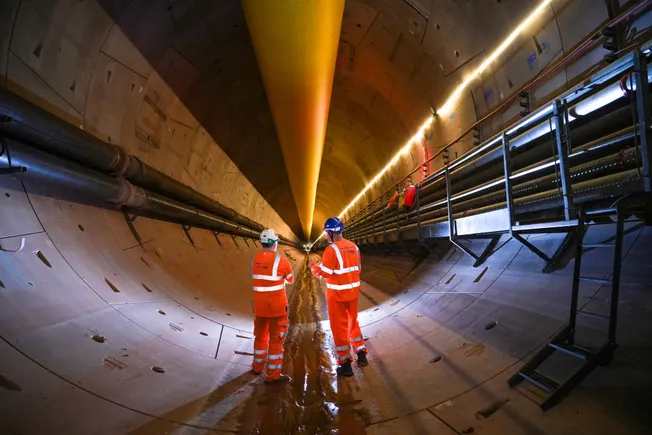Dive Brief:
- More than 4 in 10 companies plan to replace roles with AI, particularly in operations and the back office (58%) and at the entry level (37%), according to an Oct. 28 report from global consulting firm Korn Ferry.
- However, a firm survey of more than 1,670 external global talent leaders, as well as 230 of Korn Ferry’s experts, indicated that while cutting entry-level hires may increase savings for 2026 and 2027, drying up this pipeline to future leaders could open the door to a long-term leadership crisis, the report warned.
- “As AI expands in the workforce — becoming a colleague, not just a tool — leaders should carefully weigh the balance between innovation and developing the next generation of leaders,” Jeanne MacDonald, Korn Ferry CEO of recruitment process outsourcing, stated in a press release.
Dive Insight:
The race to automate is creating a leadership challenge for talent acquisition professionals, the Korn Ferry report emphasized. While CEOs increasingly rely on recruiters to close the skills gap and build a workforce for the future, according to a recent LinkedIn report, AI is squeezing out entry-level roles and closing off a key pathway to hiring and developing leaders, the firm explained.
Only 11% of TA leaders said their executives are well-prepared to lead through the AI transition. To meet the challenge and ensure AI implementation is more closely aligned with C-suite ambitions, one priority for TA pros may be helping the C-suite communicate its vision across the workforce, Korn Ferry indicated.
TA leaders also need to ensure their teams effectively harness AI use, according to Korn Ferry’s findings, although in this area, they may have work to do, the LinkedIn report revealed. Just one-third of TA pros in the U.S. and U.K. the platform surveyed in September said their teams are able to blend AI and human skills to drive strategy in line with business goals, LinkedIn found.
The Korn Ferry report confirmed another familiar point. AI may dominate the headlines, but 73% of TA leaders still rate critical thinking skills as their No. 1 priority when evaluating potential hires. In particular, organizations want employees who can evaluate AI’s recommendations, assess its output, spot flaws and know when to override its results, the report noted.
Findings from a September report by talent pipeline company General Assembly suggest that labor pool realities may be compounding the challenge for TA professionals.
General Assembly found that less than a quarter of U.S. company execs at the VP level said entry-level workers were very or completely prepared to do their job, and almost a third said entry-level hires were hardly or not at all prepared.
While the report found that company leaders believe training is mostly the responsibility of workers, General Assembly’s CEO cautioned that as AI increasingly affects the entry-level pipeline, employers have a responsibility to invest in training the next generation or soon face a critical skills shortage.





Leave a Reply